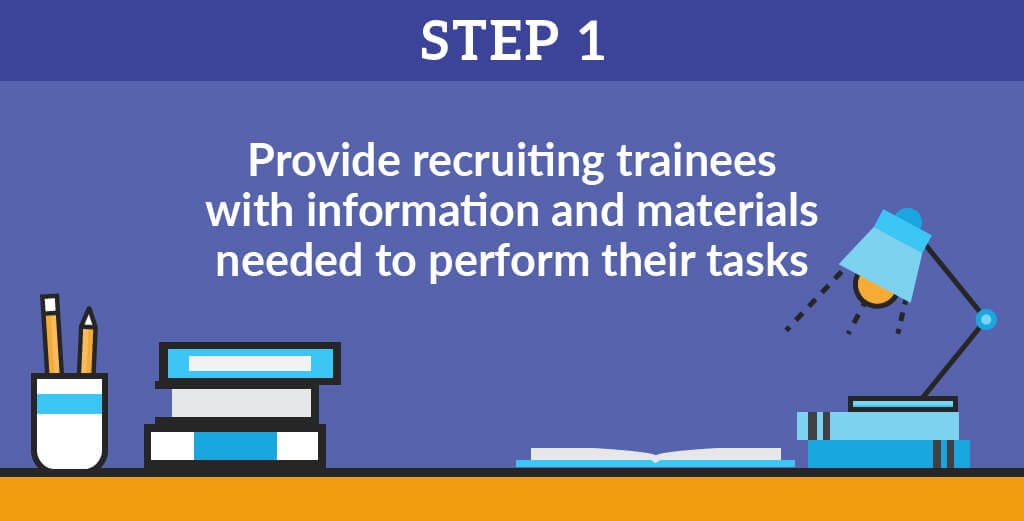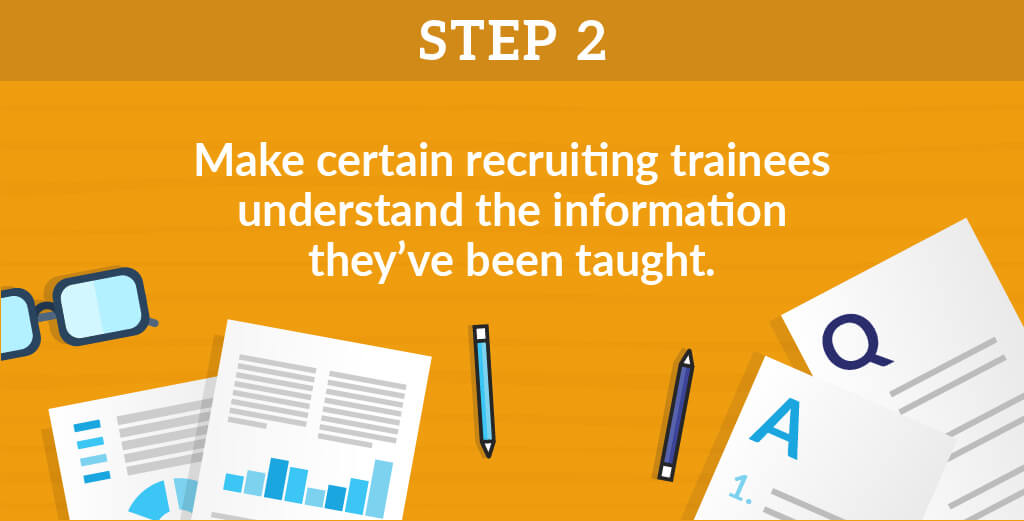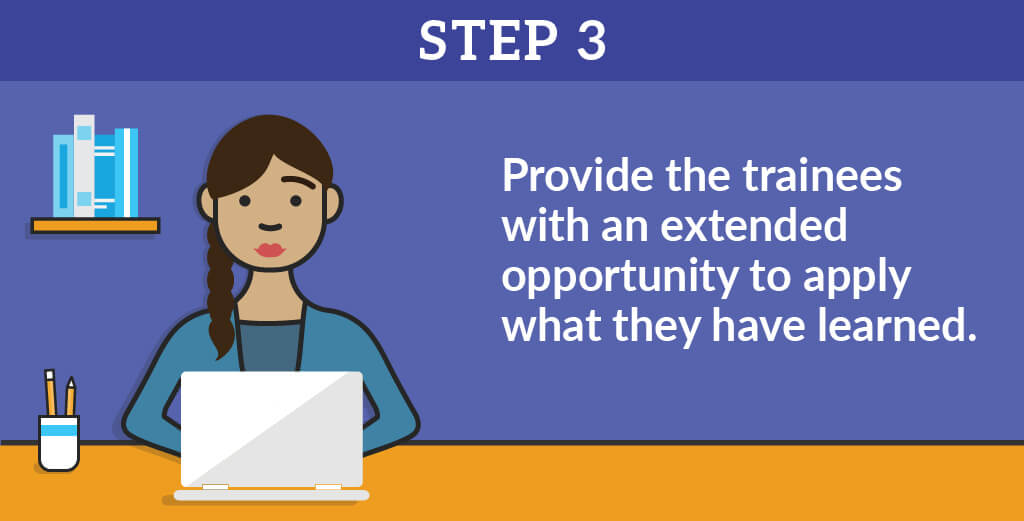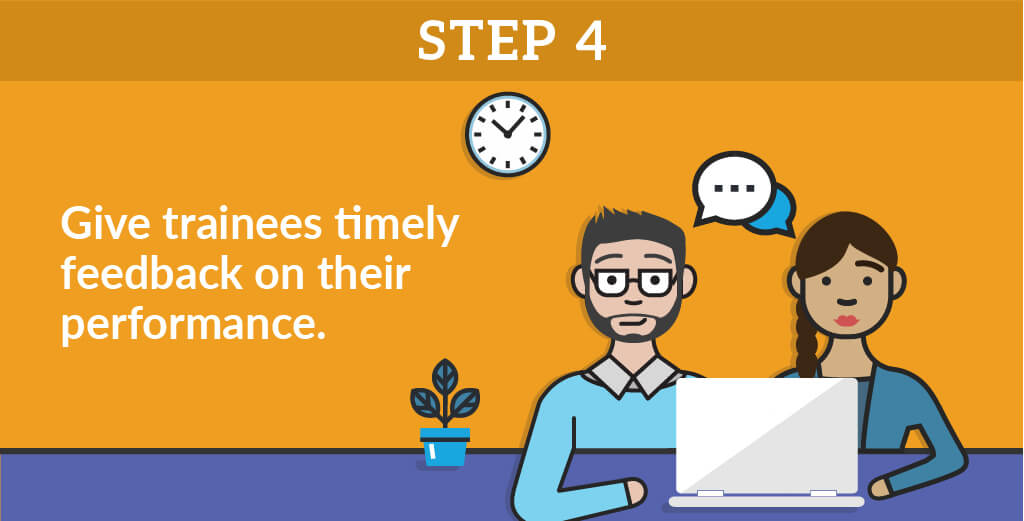Recruiting can be a very profitable professional. If you’re an agency owner or a solo practitioner and you’re a competent recruiter, then you can bill quite a bit and earn a handsome profit. (Or a beautiful profit . . . I’m sorry, was that politically incorrect?)
Anyway, what if you’re an agency owner and you employ a team of recruiters and researchers? Of course, your researchers are going to provide you with the information you need to make more placements and more money. But what about your recruiters? How do you improve their recruiter competencies as search consultants? After all, the more they bill, the more your agency makes.
Ideally, you want to hire people with real potential and then “grow them up” from within the organization. Sure, they might leave one day to start their own agency, but in the meantime, they make a lot of placements and earn a ton of money.
To help us with this discussion, we’re going to draw upon the wisdom of Terry Petra, one of the recruiting industry’s leading trainers and business consultants. Petra has extensive experience as a producer, manager, and trainer in all areas of professional search, including retainer, contingency, and contract, as well as clerical/office support and temporary.
According to Petra, success is based on the dual catalysts of confidence and competence. But are we confident because we’re confident . . . or are we competent because we’re confident?
Regardless of the answer, in order to be successful an individual must be both confident in their approach to, and competent in their application of the basic concepts and fundamentals of this business. Getting to that point and beyond is the objective of competency-based training for recruiters.
How important is training in determining whether or not an individual will be successful in this business? Next to hiring the right people it may be the most important factor – even more so for an owner trying to figure out how to start a recruiting agency and scale it successfully.
Difference between capacity and competency
Most owners/managers agree that typically the individuals they hire have the capacity to be successful in the recruiting business. Nevertheless, the vast majority of these new hires do not achieve success because they do not put in a consistent effort on a daily basis, or the effort they do put in is generally of poor quality. Based on the results, their managers believe these individuals lack the necessary personal motivation to be successful. However, in many cases, it’s not a lack of personal motivation but rather a lack of confidence that determines the end result. This lack of confidence can really highlight the difference between capacity and competency in your recruiting team.
Certainly, on rare occasions, we have the opportunity to hire a “superstar” who will succeed regardless of whether or not they receive adequate training. However, for the vast majority of our “good hires,” proper competency-based training is essential to early success; and early success is important to sustain personal motivation.
The ups and downs of employee performance management
With the competency-based learning model, the trainee begins to achieve positive results from their efforts, and both their confidence and competence grow. With proper direction and on-going skills development, this cycle repeats itself and competency-based learning takes place. Positive results build confidence, confidence builds competence, and increased competence builds ever improving results.
The opposite is also true. Without the benefits of the competency-based model, the trainee’s confidence remains low. They become mechanical in their approach – leaning on a recruiting scripts sample or email template, their results are inconsistent, and they receive little positive reinforcement for their efforts. Consequently, they begin to concentrate on pleasing processes versus positive results. Unless the cycle is broken, turnover will result.
In many instances, their training consists of reading and observing, with little assistance in applying this knowledge. Their initial efforts produce marginal results, and their lack of confidence begins to generate avoidance behavior. They are defeated, discouraged and frustrated without competency development training.
Therefore, as trainers, our greatest challenge is to help our trainees increase their confidence through a results oriented, competency-based training program that concentrates on building their skills on the job. This can be accomplished through a properly structured and administered competency-based model of recruiter training.
Recruiter teaching . . . or recruiter training?
Before looking at the structure of such a program, let’s begin by drawing a distinction between teaching and training. Teaching is a process for conveying information and fact. Training also includes a process for conveying information and fact, but then goes the next step and guides the trainee to action; to put the information and facts to use.
It’s this action step that separates teaching from training, and it’s this action step that is missing from most teaching programs. It is through this action step and the subsequent feedback step that specific skills or skill sets can most readily be developed.
Competency-based recruiter training focuses on skills development. With this approach, you concentrate on developing one skill area (or skill set) at a time. Trainees do not move forward until you are convinced they are conceptually sound and fundamentally secure.
The 5 steps to better competency-based training for recruiters
This is accomplished through the careful application of a five-step process:
Step 1
Provide the trainees with the basic facts, information and background material they require in order to perform the necessary tasks. Typically this information is provided through classroom training, in-office observation, video and audiotapes, Web-based training, and/or the use of printed materials, i.e., training manuals, programmed learning texts, training handouts.
Step 2
Through questions and answers, written review, and possibly programmed learning exercises, make certain the trainees understand the facts, technology like recruiting software, information, and background material. Their understanding is critical to applying the recruiting process steps.
Step 3
Provide the trainees with an extended opportunity to apply what they have learned, first, through role-play, and then in a real life setting on the desk. Recording calls, as well as personal observation, is important in preparing for the feedback step that follows.
Step 4
The trainees must receive timely feedback on how they are applying what they have learned. In this phase you must remember to reinforce the positives while providing specific suggestions on how to improve. Additionally, their recorded calls provide them with a tool for self-critique and an unbiased view of their effectiveness.
Step 5
Repeat the first four steps until you are reasonably certain their basic skills (or skill sets) have been established and the trainees are fundamentally sound and conceptually secure. It’s through this repetition that confidence grows and competence is developed.
Take-away for improved competency-based learning
Competency-based learning for recruiters embodies a tightly structured, results-oriented program that requires a disciplined approach to the process of learning. Yet, depending on the resources utilized, it may not require any additional time than has traditionally been required with your existing approach to training.
Properly conducted, competency-based training for recruiters can quickly build the confidence level of your new hires, develop critically important skills areas, keep them focused on positive results and ultimately provide you with an improved return on your investment of time, effort and resource.
Top Echelon’s Training Library
Top Echelon offers a free monthly webinar as part of its Recruiter Coaching Series. After the webinars are over, we post the recorded version of the webinars in our Recruiter Training Library. These webinars touch upon a variety of recruiter-related topics. These topics deal with both candidates and clients. As always, our goal with these webinars (and corresponding videos) is to help recruiters make more placements.
In addition to training and webinars, Top Echelon offers other recruitment solutions. These solutions include the following:
- Big Biller recruiting software
- Top Echelon split network
For more information about Top Echelon and the products and services that it offers, visit the Top Echelon website by clicking here.





